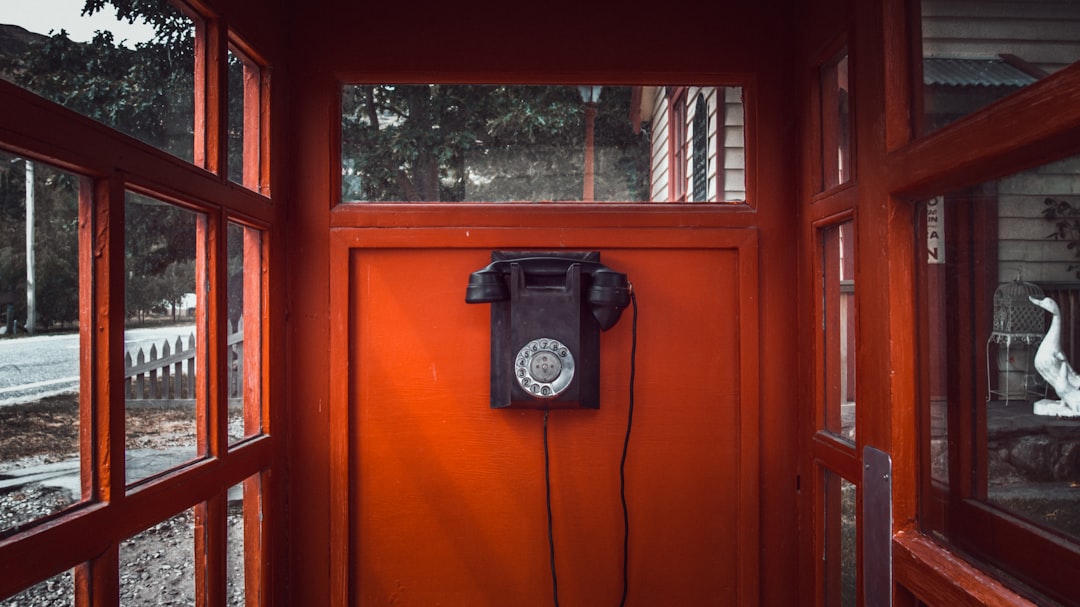Unwanted calls are a common problem in Vermont, but state laws protect residents. Consulting an unwanted call attorney Vermont offers guidance and legal action. Building community support networks through local organizations empowers victims. Educating the public and attorneys on telemarketing laws and scams prevents harassment. Legal professionals collaborate with community groups to offer legal aid and track call sources.
In Vermont, unwanted calls—whether they are persistent marketing messages or harassing phone threats—can significantly impact individuals and communities. This article delves into strategies to combat this growing concern, focusing on community support for victims. We explore legal rights in Vermont, emphasizing the importance of understanding these intrusions. Additionally, we provide insights into building robust support networks and offer guidance for attorneys advocating on behalf of those affected by unwanted calls, ensuring a comprehensive approach to protect citizens and promote peace of mind.
Understanding Unwanted Calls and Legal Rights in Vermont

Unwanted calls, often referred to as telemarketing or robocalls, have become a pervasive issue for many Vermont residents. These repeated and unsolicited phone calls can be disruptive and invasive, leading victims to feel helpless and frustrated. It’s crucial to understand that Vermont has laws in place to protect consumers from such unwanted intrusions. According to the Vermont Attorney General’s Office, residents have the legal right to refuse these calls and are protected from harassment or abusive practices.
Victims of persistent or malicious unwanted calls may consider seeking advice from a qualified unwanted call attorney Vermont. These legal professionals can guide individuals on how to navigate their rights, block future calls, and take appropriate action against perpetrators. Understanding one’s legal standing is the first step towards reclaiming peace of mind and ensuring that unwanted callers are held accountable for their actions.
Building Community Support Networks for Victims

Building community support networks is a vital step in empowering victims of unwanted calls, ensuring they feel heard and supported. In Vermont, where an estimated number of residents experience harassing phone calls annually, a collective effort can make a significant difference. Local organizations, schools, churches, and community centers can play a crucial role in fostering these networks by hosting support groups, providing resources, and raising awareness about the issue.
These networks can offer safe spaces for victims to share their experiences, connect with others who understand, and gain access to legal aid from unwanted call attorneys in Vermont. By educating the public on recognizing and reporting unwanted calls, communities can actively contribute to preventing further harassment. Such initiatives not only provide immediate relief but also foster a sense of unity and resilience among residents, ultimately revolutionizing how they navigate and respond to these intrusive phone calls.
Strategies for Effective Advocacy: A Guide for Attorneys

Attorneys play a pivotal role in advocating for victims of unwanted calls, especially in Vermont where such cases are on the rise. To be effective, legal professionals should educate themselves about state laws pertaining to telemarketing and robocalls, as well as engage with local community organizations to establish robust support systems. This might involve participating in workshops and training sessions focused on recognizing patterns in scam calls and understanding consumer rights.
Moreover, building a network of communication with relevant stakeholders—from law enforcement agencies to consumer protection groups—is crucial for tracking and curbing the sources of unwanted calls. Attorneys can also empower victims by providing clear legal advice, assisting them in filing complaints, and exploring potential legal remedies such as seeking injunctions against persistent callers. This comprehensive approach ensures that victims not only receive justice but are also equipped to protect themselves from future harassment.






